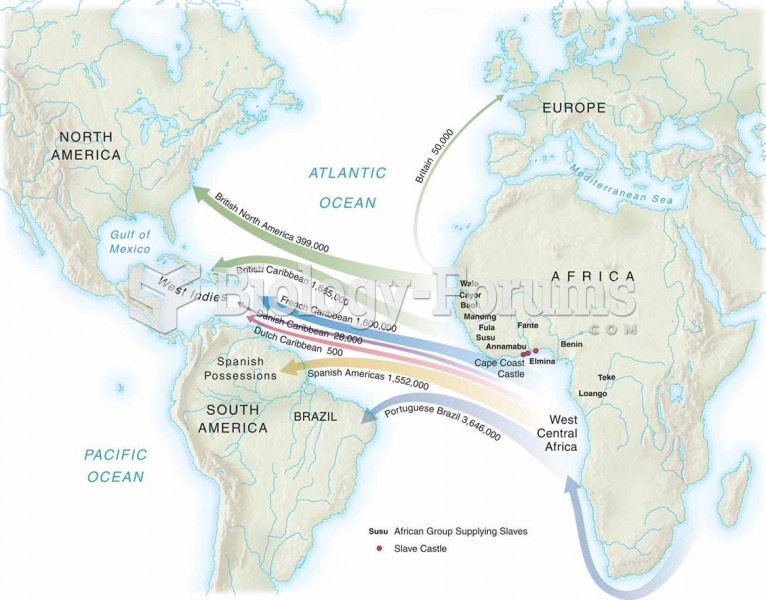Question 1
What were the positions held by President Theodore Roosevelt and naturalist John Muir, who are shown on a camping trip in Yosemite in this 1903 photograph, regarding nature and natural resources?
A) Both Muir and Roosevelt upheld conservationist beliefs that nature was meant to support
economic needs while also being preserved for the future.
B) Both Muir and Roosevelt were preservationists who believed that nature should remain
untouched.
C) Muir believed that nature should be preserved in its unspoiled state, while Roosevelt believed
it should be conserved to meet present economic needs and be around for the future.
D) Roosevelt upheld the preservationist viewpoint of nature in its unspoiled state, while Muir
favored conservation for economic benefits.
Question 2
What made the Mexican War different from earlier wars fought by the United States?
A) It was the first war to produce heroic generals who were very popular with Americans.
B) It was the first war that the United States fought mostly on foreign soil.
C) It was the first war where the United States started out as the underdog.
D) It was the first war to be resolved through a peace treaty.
Question 3
The purpose of U-2 planes developed by the United States was to __________.
A) collect intelligence through spying missions on Soviet military installations
B) launch ICBM missiles against the Soviet Union
C) conduct aerial bombings against the Soviet Union and its allies
D) patrol American air space for potential missile threats launched by the Soviet Union
Question 4
What did the Federal Reserve Act, Clayton Anti-Trust Act, and the Federal Trade Commission have in common?
A) They were all socialist policies approved by President Wilson during his term in office.
B) They were all Progressive measures rejected by Theodore Roosevelt for not doing enough to
help workers.
C) They were all pro-business conservative legislation approved by President Taft.
D) They were all Progressive measures passed by the Wilson administration to reform banking
and big business.






